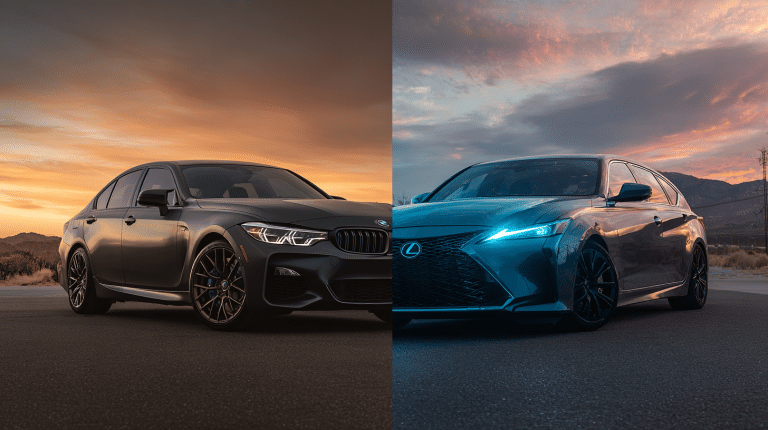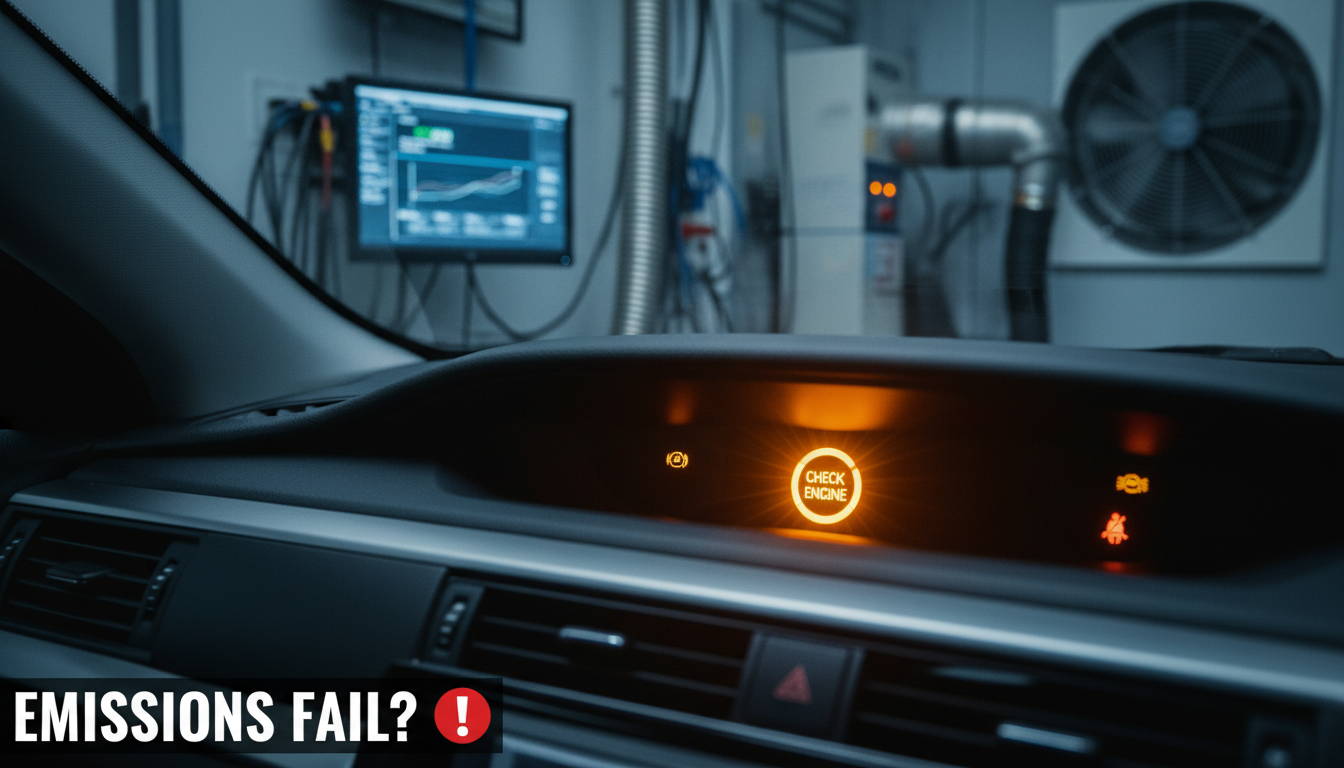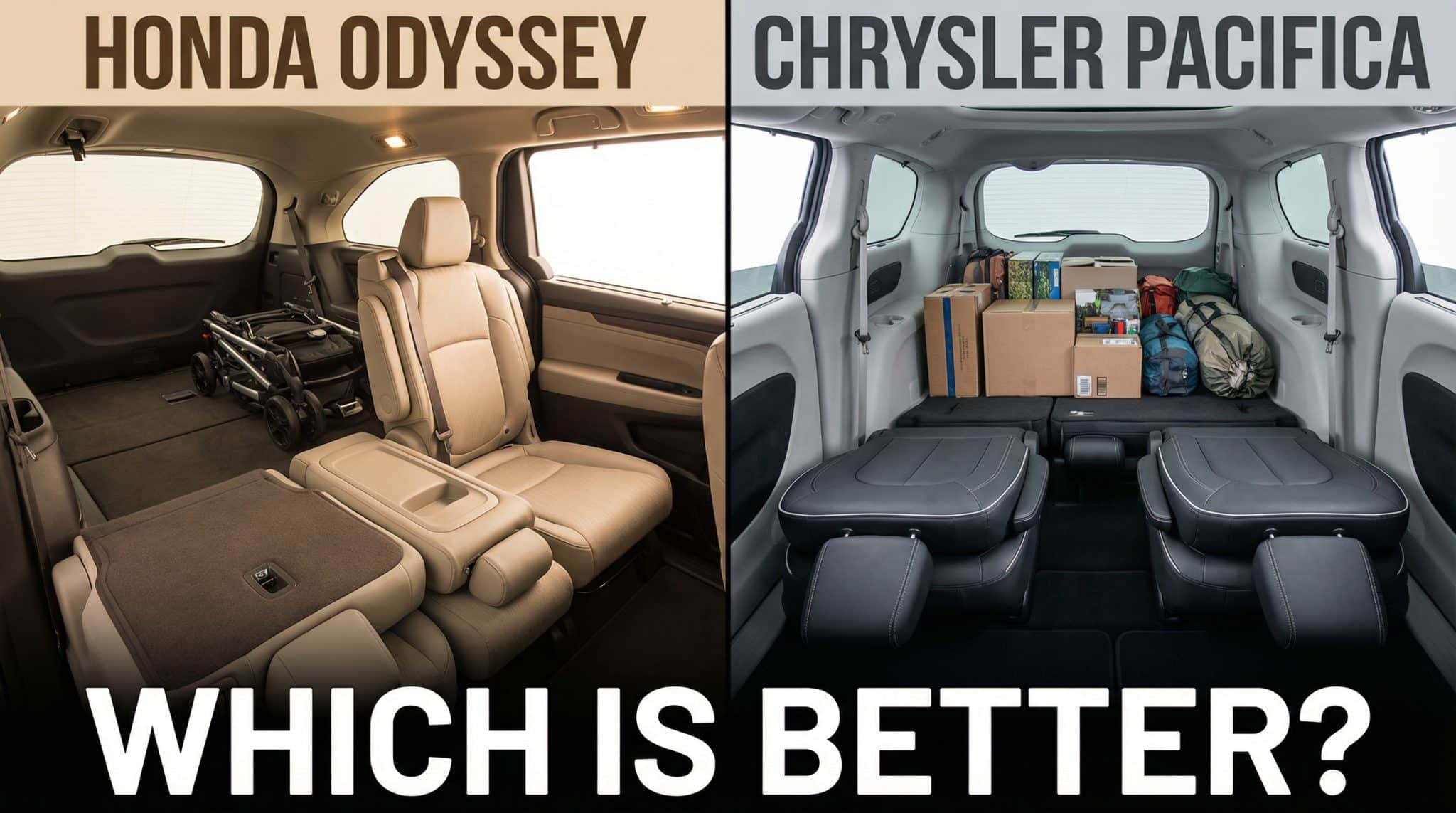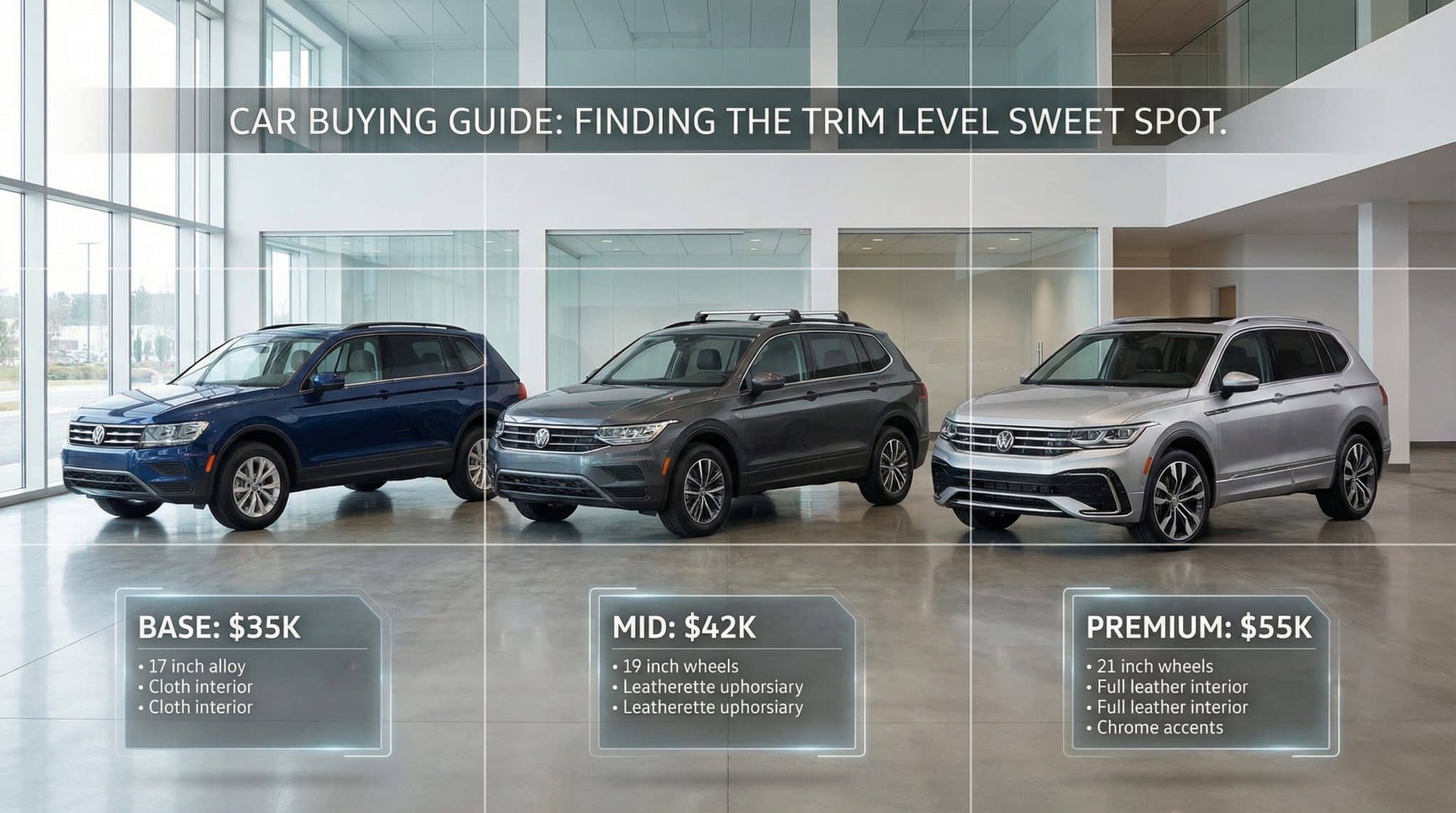When I was shopping around for a luxury car, it came down to two brands: Lexus and BMW. I didn’t care about fancy marketing. I just wanted something solid, fun to drive, and worth the money.
I kept asking: Which one is actually better? Not just in ads, but in real life?
That’s what I’m here to help you with.
We’re going to look at both Lexus and BMW, side by side. I’ll walk you through what I found when digging into performance, reliability, price, tech, comfort, and everything else that matters.
No fluff, no hype. If you’re stuck deciding between the two, this should help you determine which one better suits your needs.
Lexus vs BMW: Everything You Need to Know
Lexus and BMW are two of the most popular luxury car brands, but they offer very different experiences. From performance and pricing to comfort and long-term value, this is how they stack up in every key area.
1. Heritage and Brand Perception
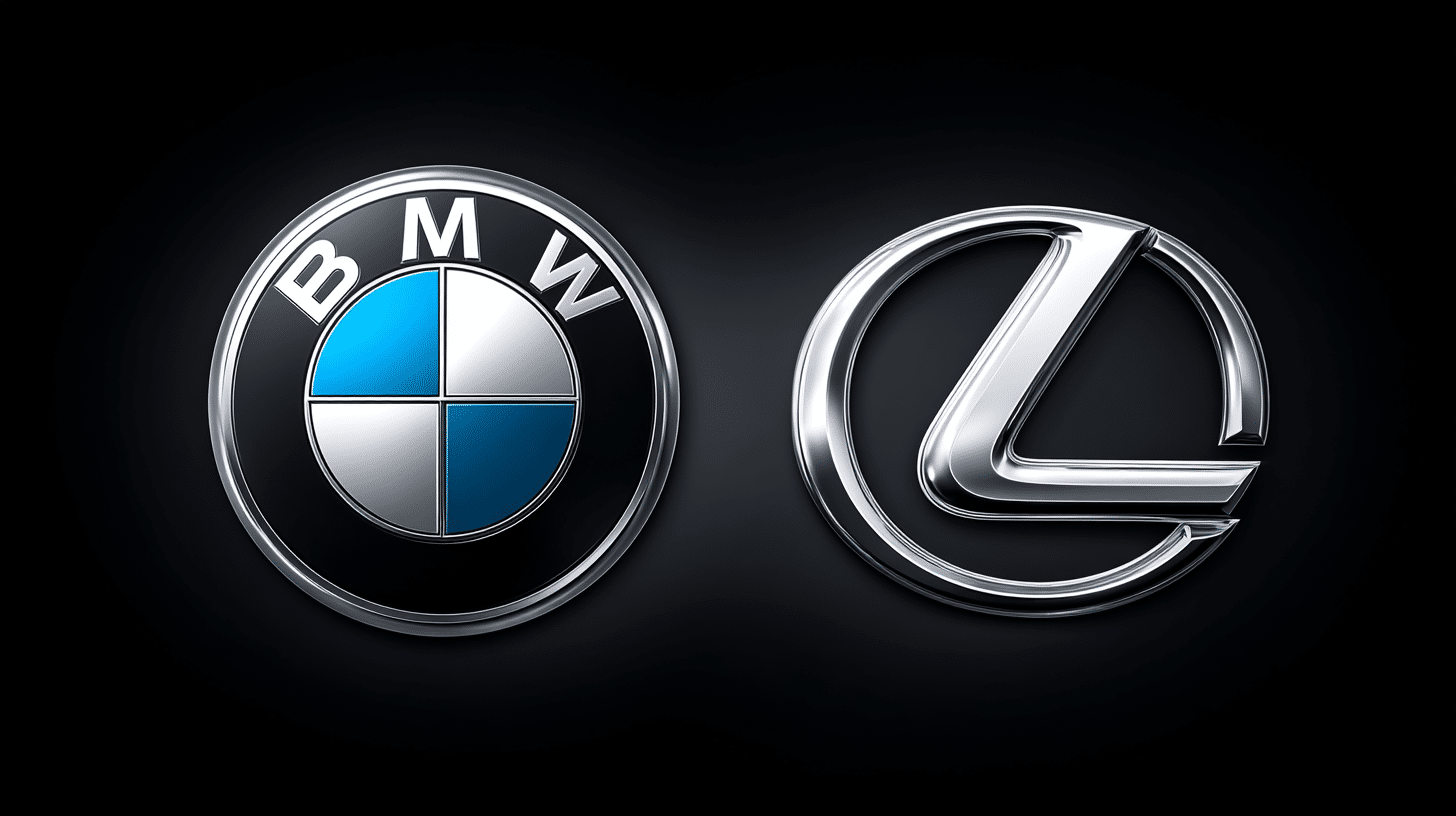
BMW has a longer history, dating back to the early 1900s in Germany. It’s known for racing roots, sporty performance, and European luxury.
Lexus, Toyota’s luxury brand, launched in 1989 with a focus on quality, smooth rides, and top-notch reliability.
BMW earns more respect in Europe, especially from driving enthusiasts. Lexus, however, is trusted more in the U.S. and parts of Asia for its long-term value and dependability.
Both brands have loyal fans, BMW for the driving feel and Lexus for peace of mind. It comes down to what you value more.
2. Performance and Driving Dynamics

Trying to choose between Lexus and BMW? It really comes down to what kind of drive you want.
BMWs feel tight, fast, and sporty with even base models like the 3 Series or X5. Their M models are built for performance.
Lexus offers a smoother, quieter ride. Even their sportier F Sport trims stay calm and comfortable.
Quick Matchups:
- 3 Series vs IS/ES: BMW is more fun to drive; Lexus is quieter.
- X5 vs RX: X5 is sportier; RX is smoother and more efficient.
- Hybrids: Lexus leads in fuel economy and variety.
Verdict: Want sharp handling and speed? Go with BMW. Prefer comfort and long-term value? Lexus is the better choice.
3. Reliability and Ownership Costs
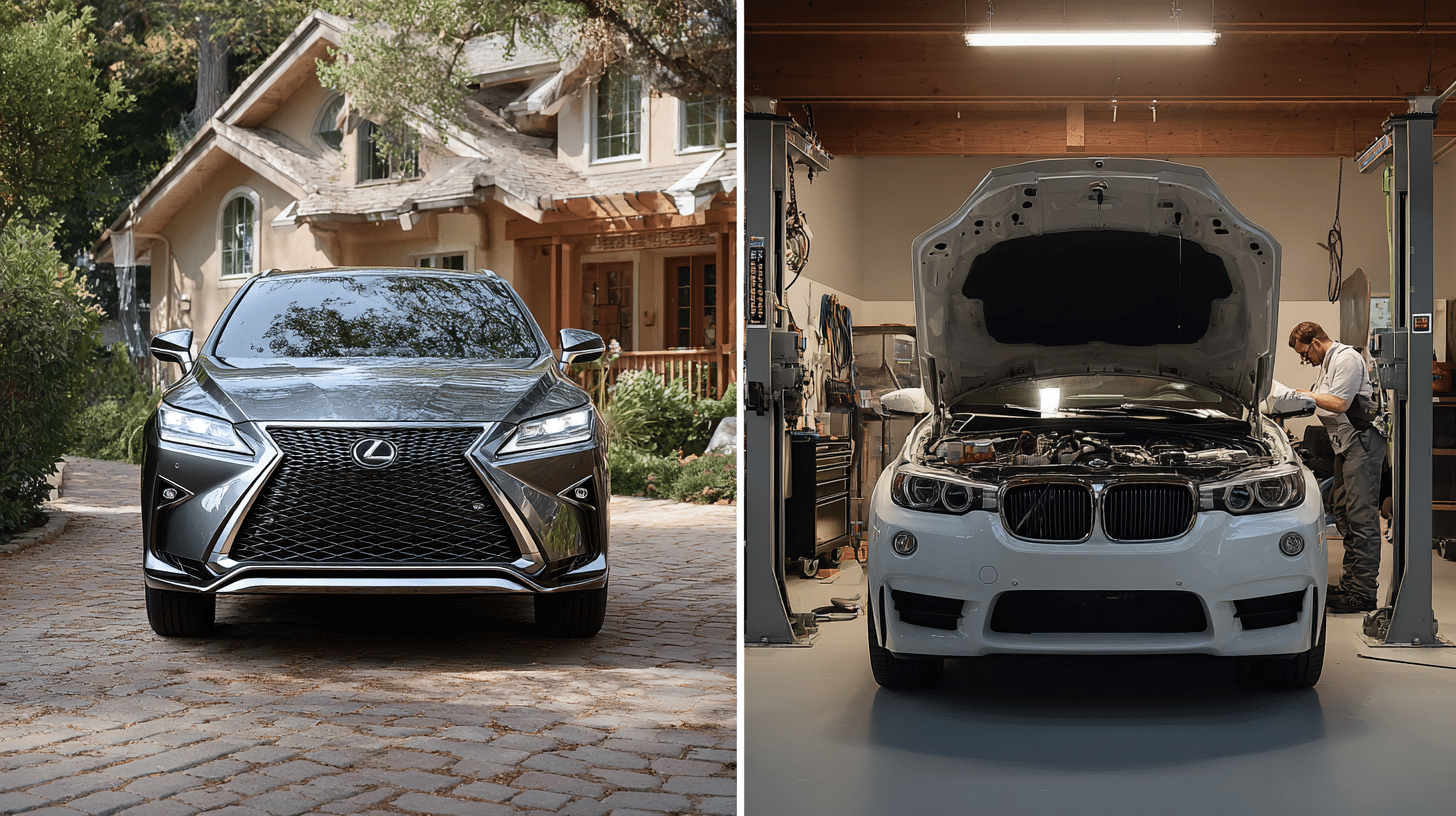
Lexus shines in reliability. Thanks to its Toyota roots, it’s built to last with fewer unexpected repairs and lower maintenance costs.
BMW holds up well when new, but long-term maintenance can become expensive. Repairs often need special parts and labor, which adds up.
Quick Comparison:
- Lexus: Lower costs, more reliable, easier to maintain
- BMW: Higher service bills, more issues as it ages
Verdict: Planning to keep your car for years? Lexus is the safer bet with fewer hassles and better peace of mind.
4. Pricing, Depreciation, and Resale Value
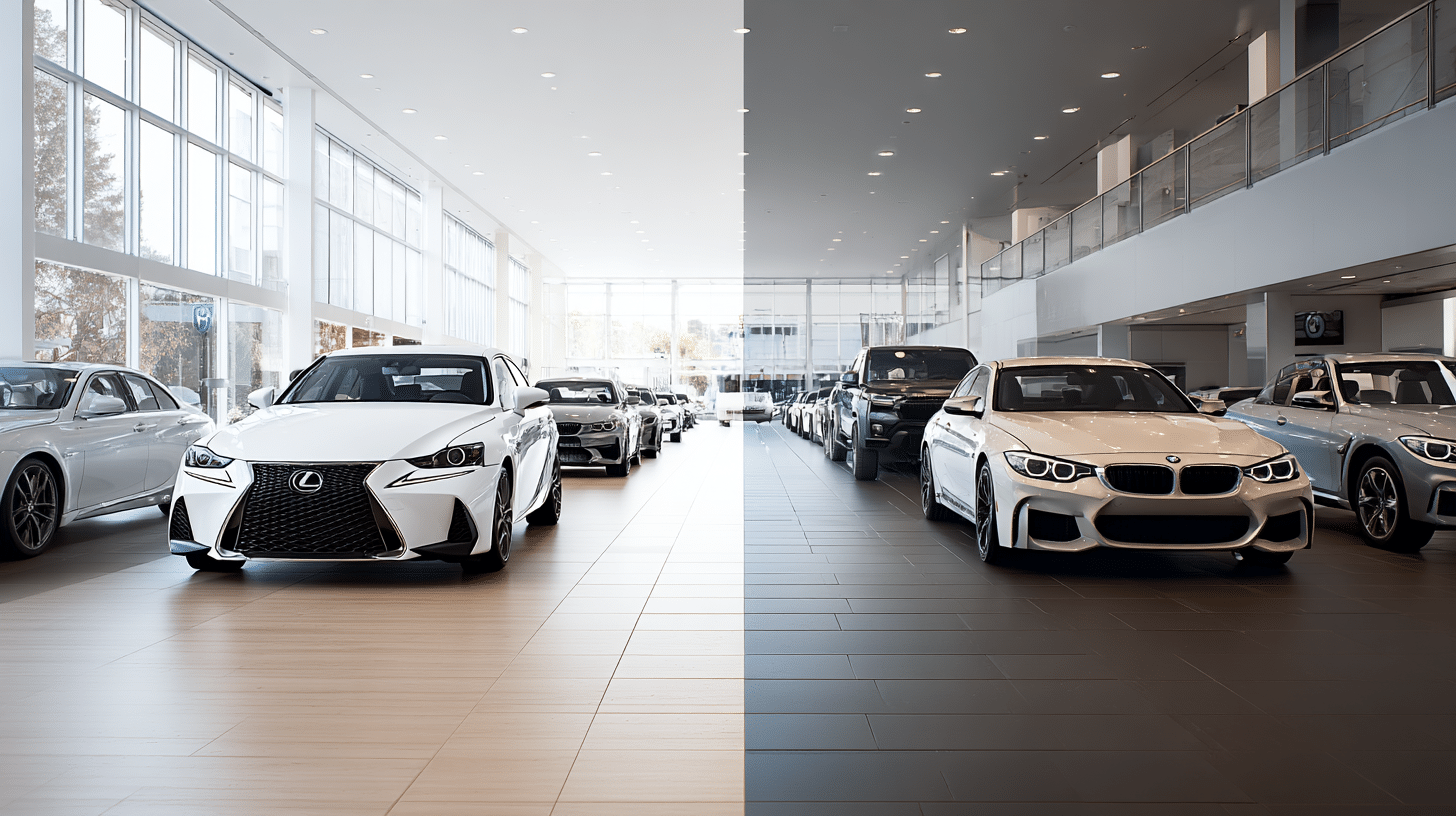
Lexus models usually cost less upfront, whether you’re looking at sedans or SUVs. And over time, they hold their value better thanks to strong reliability and lower repair costs.
BMWs tend to depreciate faster, which can matter if you plan to sell or trade in after a few years.
Why Lexus wins here:
- Lower starting prices
- Better resale value
- Strong reliability reputation
Sample Price Comparison (Base MSRP Estimates):
| Segment | Lexus Model | Starting Price | BMW Model | Starting Price |
|---|---|---|---|---|
| Compact Sedan | Lexus IS | ~$41,000 | BMW 3 Series | ~$45,000 |
| Midsize Sedan | Lexus ES | ~$43,000 | BMW 5 Series | ~$58,000 |
| Compact SUV | Lexus NX | ~$41,000 | BMW X3 | ~$47,000 |
| Midsize SUV | Lexus RX | ~$50,000 | BMW X5 | ~$66,000 |
| Large SUV | Lexus LX | ~$93,000 | BMW X7 | ~$82,000 |
| Hybrid Sedan | Lexus ES Hybrid | ~$45,000 | BMW 530e | ~$61,000 |
Resale Snapshot:
- Lexus RX holds over 60% of its value after 5 years
- BMW X5 drops below 50% after 5 years
Verdict: Lexus costs less, holds its value better, and saves more in the long run, making it the smarter choice for total ownership.
Prices are approximate and vary slightly by trim and location.
5. Technology and Safety Features
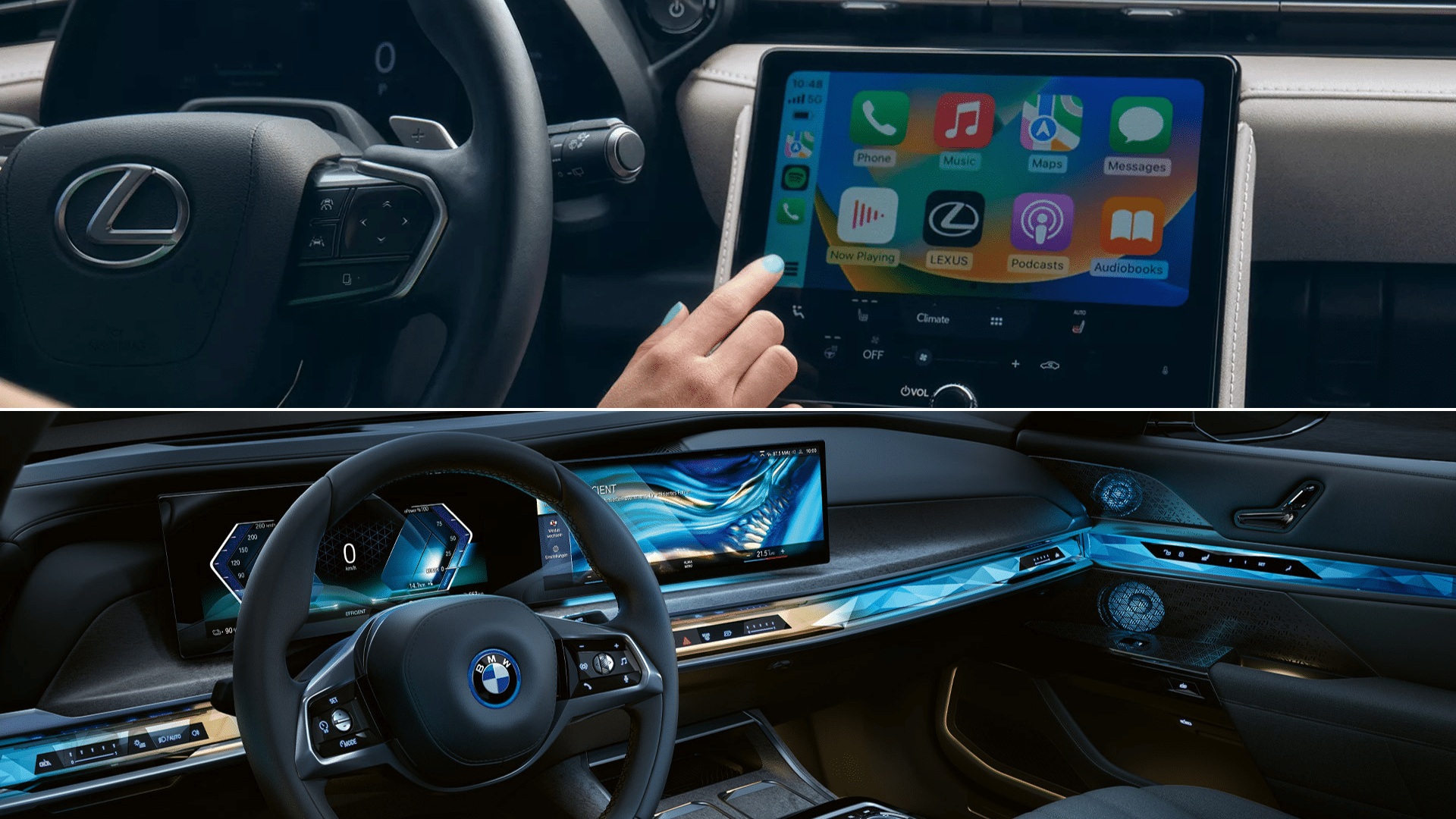
BMW offers sleek, modern tech with its iDrive system, which is fast, stylish, and packed with features. It feels futuristic, especially in newer models.
Lexus keeps things simpler. While older systems were clunky, newer ones are better, and safety features are standardized, even on base models.
What to Know:
- Infotainment: BMW is more advanced and flashier
- Safety: Lexus includes more standard driver aids
- Warranties: Lexus often provides better coverage
Verdict: BMW wins on tech flair. Lexus wins on value, safety, and ease of use. Choose based on what matters more, style or substance.
6. Design and Comfort
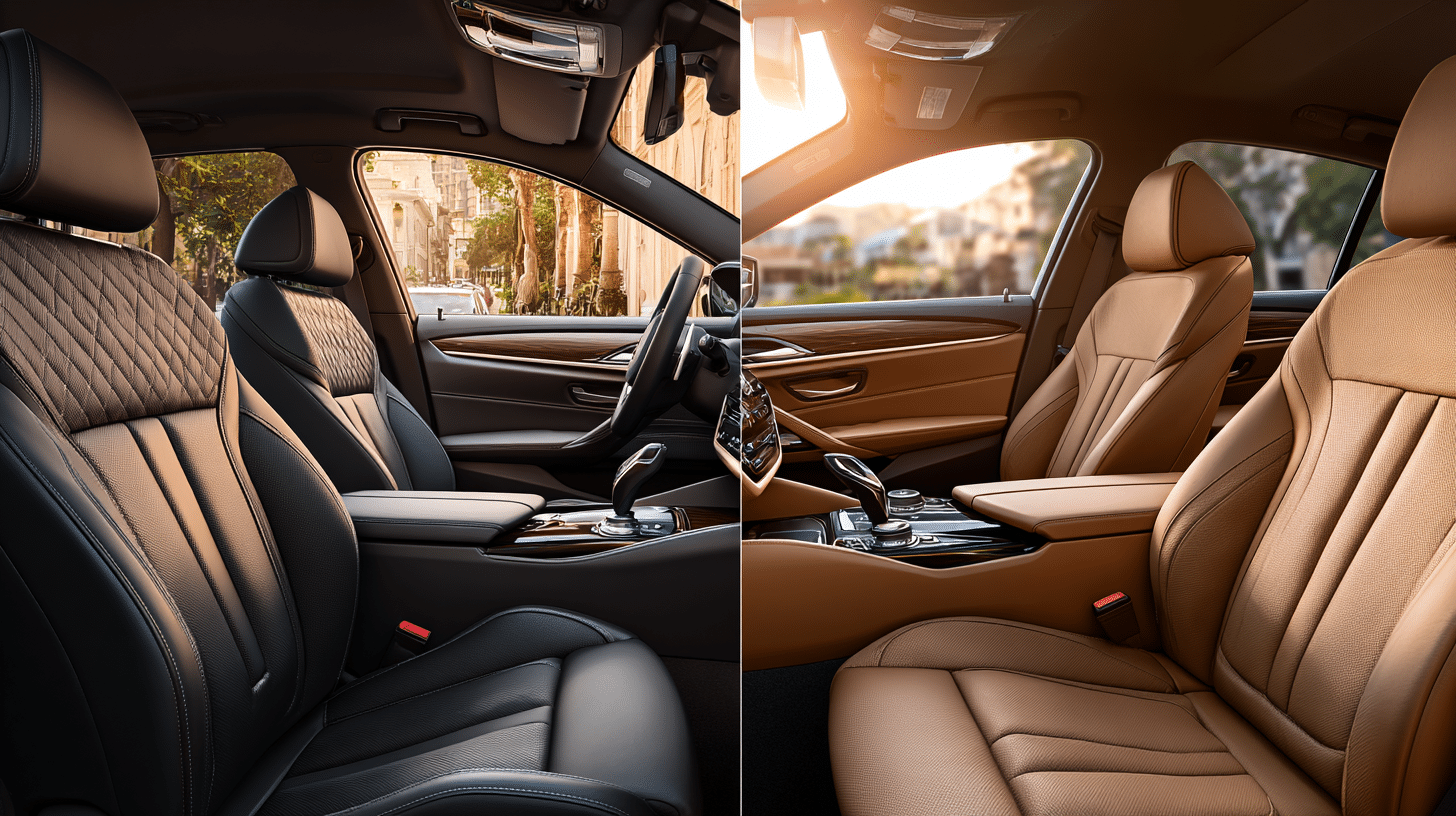
BMW goes bold with sharp lines, aggressive grilles, and a sporty, modern interior with firm seats and glossy finishes.
Lexus is more refined and understated. The cabin feels warm, quiet, and built for comfort with soft materials and a clean layout.
Inside the Cabin:
- BMW: Sporty design, firmer seats
- Lexus: Quieter ride, softer seating
Verdict: BMW suits those who want a bold, athletic feel. Lexus is better if you value comfort and a more relaxed vibe.
Product Lineup and Hybrid/EV Options

BMW offers a wider selection of performance vehicles, including a full M line and the i-series electric cars. You’ll find everything from coupes to plug-in hybrids.
Lexus keeps it simpler but excels in hybrids. Their RX, NX, and ES hybrids get great fuel economy and are super reliable. They’ve been doing hybrid tech for years, and it shows.
Quick view:
- BMW: Bigger EV push (i4, iX, etc), strong high-performance models
- Lexus: Better hybrid lineup, more efficient, and reliable
Verdict: If you want cutting-edge EVs or crave performance options, BMW has more to offer. But if you’re after proven hybrid tech and better everyday efficiency, Lexus is the way to go.
BMW vs Lexus: Which One Matches Your Needs?
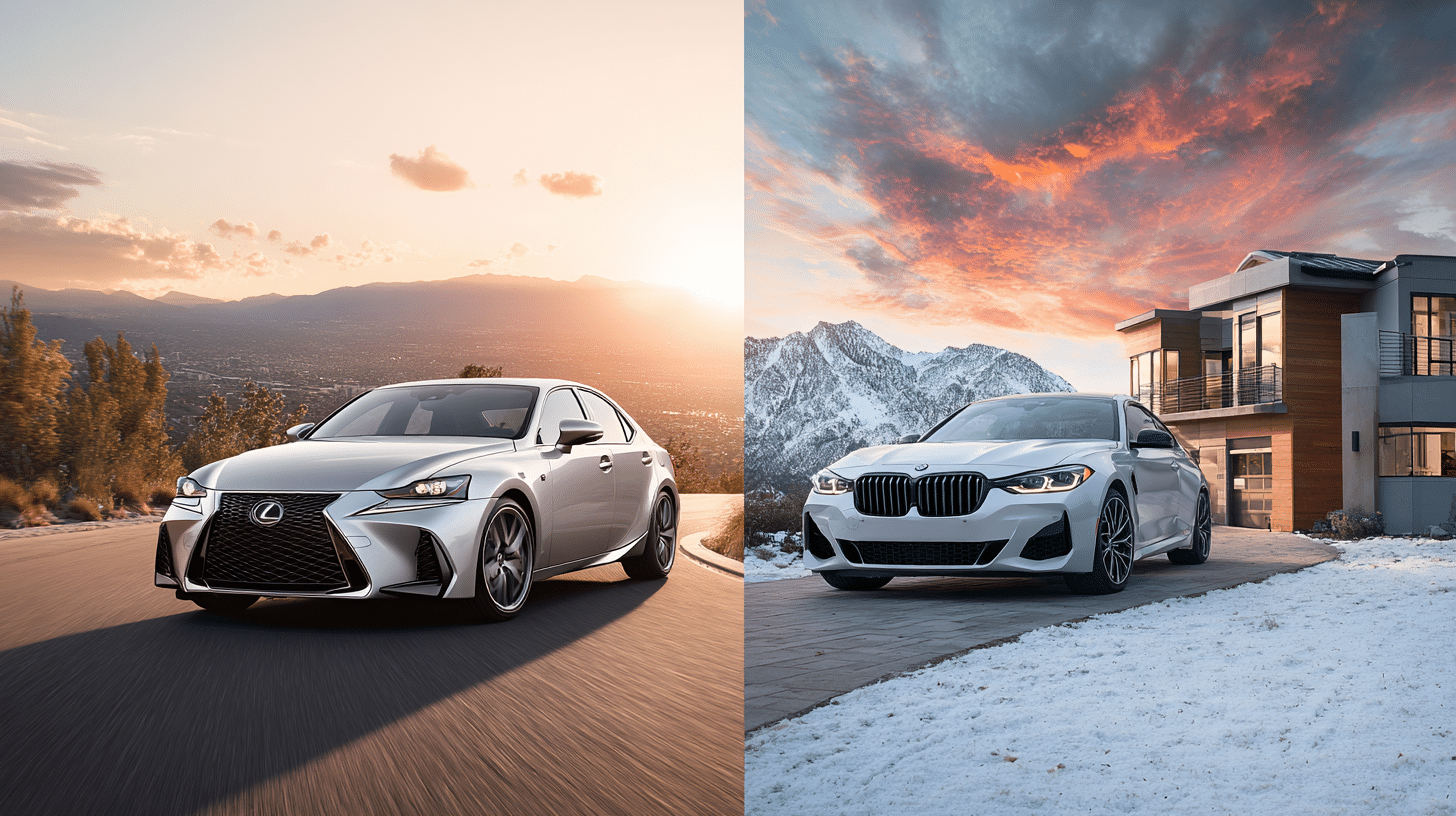
For daily driving and low-stress commutes, Lexus is smooth, quiet, and easy to maintain. If you enjoy spirited weekend drives or winding roads, BMW delivers more fun and sharper handling.
Both offer all-wheel drive for rough weather. In cities, Lexus sedans are easier to park. For families, the RX and X5 are both solid picks.
Quick Takes:
- Daily driver? Lexus
- Fun-to-drive? BMW
- Fuel efficiency? Lexus hybrids
- Family SUV? RX or X5
Verdict: Lexus is ideal for comfort and ease, while BMW is best if driving enjoyment is your priority.
Each brand has its strengths depending on what you care about most. Take a closer look at your lifestyle, budget, and driving preferences to see which one fits you better.
Lexus vs BMW: Essential Takeaways
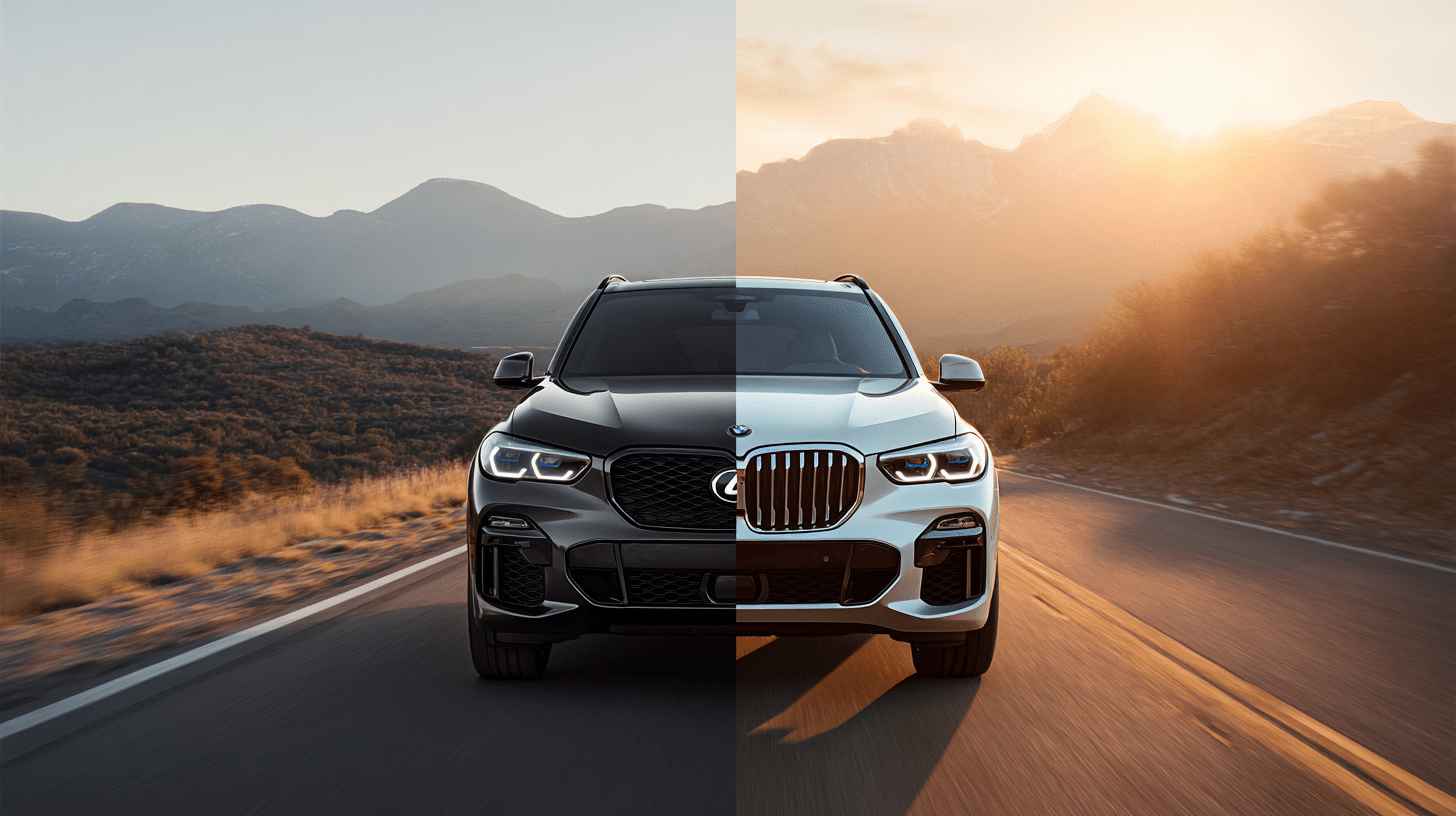
Not sure which brand fits your lifestyle? I’ve made a quick side-by-side summary about how Lexus and BMW stack up on the things that matter, so you can see what fits you best without digging back through the details.
| Feature | Lexus | BMW |
|---|---|---|
| Performance | Smooth and quiet | Sporty and aggressive |
| Reliability | Very high | Moderate to low (after 5+ years) |
| Maintenance Costs | Lower | Higher |
| Resale Value | Better long-term | Drops faster |
| Tech & Safety | Simple, safe, standard features | Flashy, modern, but more expensive |
| Comfort | Softer ride, less noise | Tighter ride, firmer seats |
| Hybrid/EV Options | More hybrids | More EVs and performance hybrids |
| Best for… | Long-term ownership, families | Driving thrill, short-term leases |
This snapshot pulls everything together in one place. Use it to match your priorities with the brand that makes the most sense for you.
Final Verdict: What’s better?
After comparing everything from performance, comfort, reliability, and pricing to tech, it’s clear that Lexus and BMW are built for different kinds of drivers.
I started out leaning toward BMW because of the look and the way it handled, but once I looked at what owning it would actually be like over the years, I changed my mind.
Lexus just made more sense for my needs. That doesn’t mean BMW isn’t a great choice; it’s just better suited to people who care more about the drive than the upkeep.
If you’re still deciding between the two, think about how you drive, what kind of experience you want every day, and how long you plan to keep the car.
This should give you a clear picture of what each brand is really like, not just on paper, but in the real world. Now you’ve got what you need to make that call with confidence.


